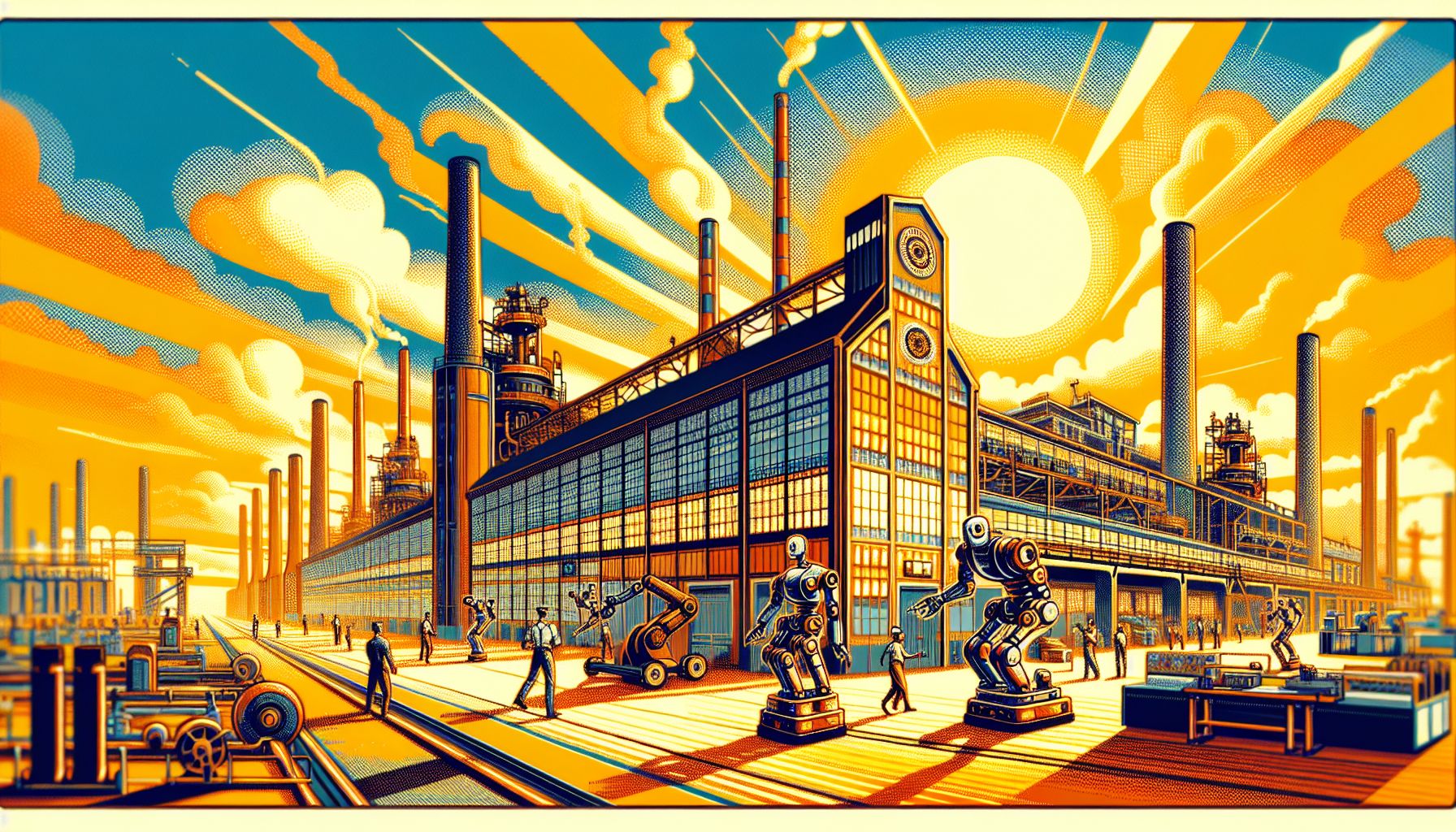German Auto Giant Pioneers Humanoid Workforce with Pittsburgh Tech

Pittsburgh, Wednesday, 20 November 2024.
In a groundbreaking move transforming manufacturing automation, a major German automotive supplier plans to deploy advanced humanoid robots developed in Pittsburgh across its global factories. This initiative comes as global robot density in manufacturing has doubled since 2016, with Germany ranking fourth worldwide in robot adoption. The collaboration highlights Pittsburgh’s emerging role as a robotics innovation hub, bridging German engineering excellence with American technological innovation.
A New Era of Automation
Schaeffler, a prominent German automotive parts manufacturer, is spearheading this transformation by integrating humanoid robots into its production lines. These robots, designed in Pittsburgh, are set to revolutionize manufacturing processes by enhancing efficiency and precision. This strategic move not only optimizes production but also represents a significant step towards addressing labor shortages and rising operational costs, which have been challenges for the industry globally[1].
Pittsburgh’s Role as a Robotics Hub
Pittsburgh, known for its robust tech sector, has become a critical player in the field of robotics. The city hosts numerous technology firms that are driving advancements in automation, making it a prime location for innovation. The collaboration with Schaeffler underscores Pittsburgh’s capability to support large-scale deployment of cutting-edge technology, further solidifying its status as a key partner for international companies seeking to enhance their manufacturing capabilities[1].
Impacts on Global Manufacturing
The deployment of humanoid robots comes at a time when global robot density in factories has more than doubled over the past seven years, reaching 162 units per 10,000 employees by 2023. Germany, with a robot density of 429 units per 10,000 employees, is among the leaders in this technological shift. The integration of advanced robotics is expected to redefine workforce dynamics, offering a blend of human oversight and robotic efficiency in manufacturing environments[2].
Future Prospects and Challenges
As automation becomes more prevalent, industry experts predict significant shifts in the workforce landscape. The humanoid robots are designed to perform complex tasks with high precision, potentially reducing the need for manual labor. However, this shift also raises questions about the future of employment in manufacturing and the need for upskilling workers to manage and work alongside these advanced systems. Companies like Schaeffler are investing not just in technology but also in training programs to ensure a seamless transition to this new era of manufacturing[2].

